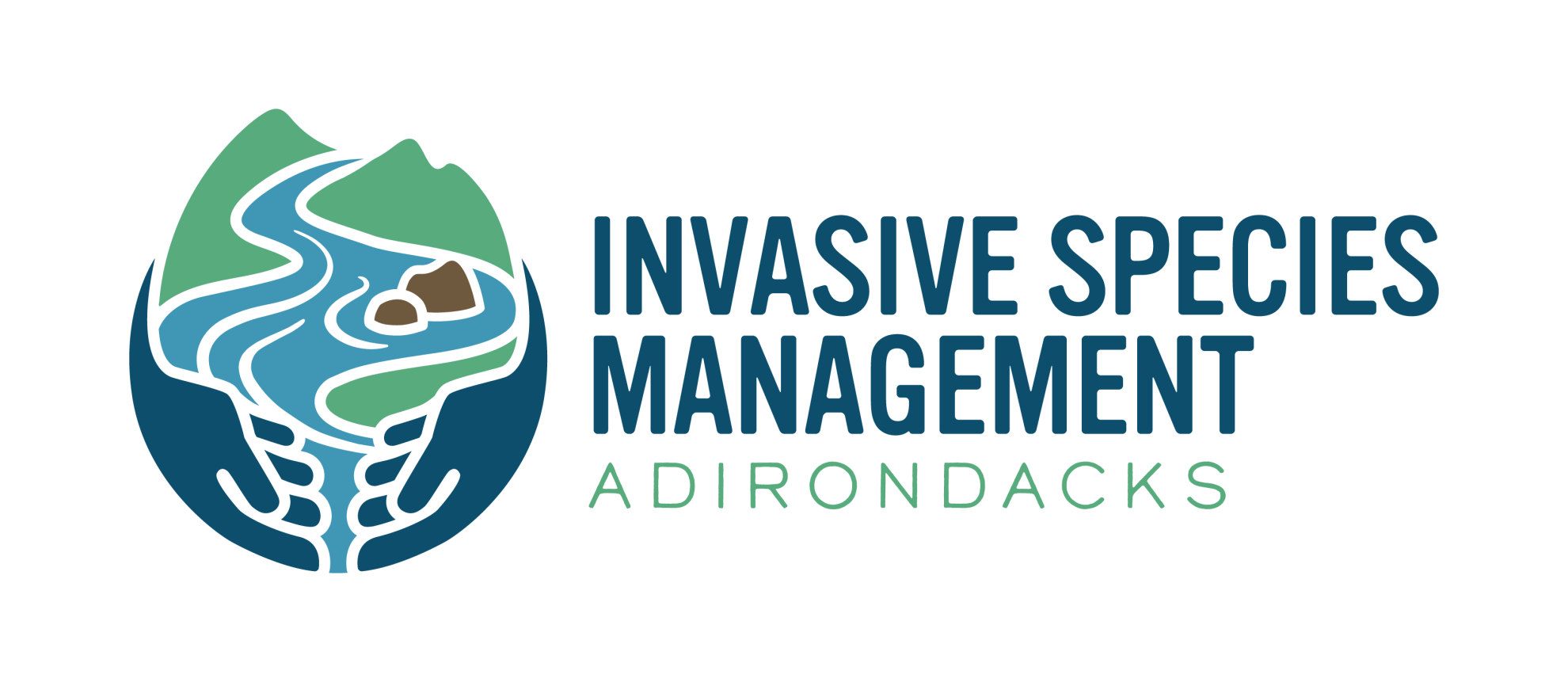APIPP Adds Tip Sheet to Its Free Outreach Materials

APIPP Adds Tip Sheet to Its Free Outreach Materials
ADIRONDACKS – The Adirondack Park Invasive Plant Program has added a new tip sheet to its library of free outreach materials just in time for the start of the summer construction season.
“Best Management Practices for Moving Topsoil and Fill” was developed with highway department crews and construction contractors in mind, but it can be referenced by anyone doing a project that involves moving excavated materials.
If followed correctly, the best management practices outlined in the tip sheets significantly reduce the likelihood of invasive species being spread by fragments or seeds of invasive plants transported via soil, gravel or equipment.
The topsoil and fill best management practices cover simple actions like how to work in areas where invasive species are present, how to properly move and maintain equipment, and how to move contaminated excavated materials.
“We can’t expect everyone to be an invasive species expert, which is why APIPP develops resources like ‘Best Management Practices for Moving Topsoil and Fill,’” said APIPP terrestrial invasive species coordinator Becca Bernacki. “The goal of all of our outreach materials is to make it as simple as possible for people to do their part in preventing the spread of invasive species.”
APIPP’s “Protect Your Waters” materials contain information on proper Clean, Drain, Dry practices for cleaning watercraft, the importance of using free boat wash stations, and how to identify and report invasive species. “Protect Your Forests” materials contain messaging on how to properly clean outdoor gear, why it’s important to burn firewood where you buy it, and why moving hay or animal feed can spread invasive species. “Don’t Move Firewood” materials underscore the importance of buying firewood on-site instead of moving firewood—and possibly invasive insects—to new locations.
The “Don’t Move Firewood” and “Clean, Drain, Dry” messages support New York state laws regarding those initiatives.
APIPP also recently unveiled a new “Field Guide to Terrestrial Invasive Species of the Adirondacks,” which covers plant identification basics, how to report an invasive species, and detailed descriptions of 28 invasive species of concern in the Adirondack region.
Visit www.adkinvasives.com to download APIPP’s “best management practices” tip sheets and to order or download the organization’s free outreach materials.
APIPP’s mission is to work in partnership to minimize the impact of invasive species on the Adirondack region’s communities, lands, and waters. Learn more at www.adkinvasives.com.
###
The Adirondack Park Invasive Plant Program (APIPP) serves as the Adirondack Partnership for Regional Invasive Species Management (PRISM), one of eight partnerships across New York. APIPP is hosted by The Adirondack Chapter of The Nature Conservancy and receives financial support from the Environmental Protection Fund administered by New York State Department of Environmental Conservation.

